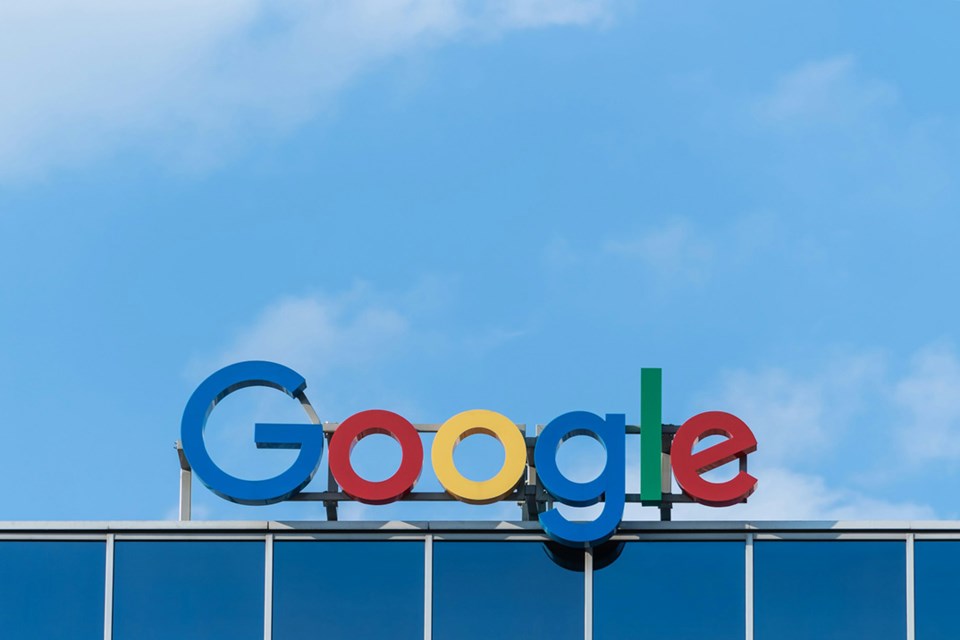Greetings from Scottsdale. I'm here to keynote about AI (and do a prompt engineering workshop) for my friends at iQmetrix. It's in the 80's and sunny, not triple digits like it was two weeks ago… this trip is a special treat!
In the news: Agents are software applications designed to autonomously perform complex tasks on behalf of users. Unlike traditional digital assistants that respond to direct commands, agents act independently, interpreting user needs and executing multi-step tasks (such as researching, purchasing, or booking). The goal is to create a hands-free experience, allowing users to delegate routine digital interactions to an intelligent, reliable assistant.
Almost every major AI company is building its own version of a computer-using agent, and Google is about to jump on the bandwagon.
Project Jarvis is Google's upcoming AI agent for Chrome, and it has the potential to redefine web-based task automation. Reportedly powered by a future version of its Gemini AI, Jarvis will handle tasks by interpreting screenshots and performing actions such as clicking and typing in response to contextual prompts. This agent, tailored specifically to Chrome, is expected to serve as a reliable, integrated extension of user intent within the web browser environment. Testing is expected to begin as early as December.
If this description sounds familiar, it's because Google's Jarvis will join a crowded field. Here's a short list of competitive applications:
Microsoft Copilot Vision: Designed to allow users to discuss and interact with content on web pages directly, enabling a conversational experience that navigates and interprets web information seamlessly.
Apple Intelligence: Building on Siri, this screen-aware feature set is anticipated to execute cross-application tasks, integrating across Apple’s ecosystem to enhance productivity and personalization.
Anthropic’s Claude: Currently in beta, Claude offers limited “computer-using” capabilities, acting as a browser-based agent that can perform actions but is still fine-tuning its reliability and response accuracy.
OpenAI: OpenAI is also developing a version of a computer-using agent that leverages its large language model capabilities for seamless, autonomous digital interactions.
The most important part of this story is that agents (aka agentic software or agentic AI platforms) are the North Star of the AI business. As agents evolve, they are going to redefine user interaction. How much will we let agents do for us? My guess: quite a bit.
As always your thoughts and comments are both welcome and encouraged. Just reply to this email. -s
P.S. I had the absolute pleasure to keynote at the ANA Masters of Marketing in Orlando last week. Many thanks to Marc Pritchard for the invitation, and kudos to Bob Liodice and the extraordinary team at the ANA for staging an incredible event.
ABOUT SHELLY PALMER
Shelly Palmer is the Professor of Advanced Media in Residence at Syracuse University’s S.I. Newhouse School of Public Communications and CEO of The Palmer Group, a consulting practice that helps Fortune 500 companies with technology, media and marketing. Named he covers tech and business for , is a regular commentator on CNN and writes a popular . He's a , and the creator of the popular, free online course, . Follow or visit .




